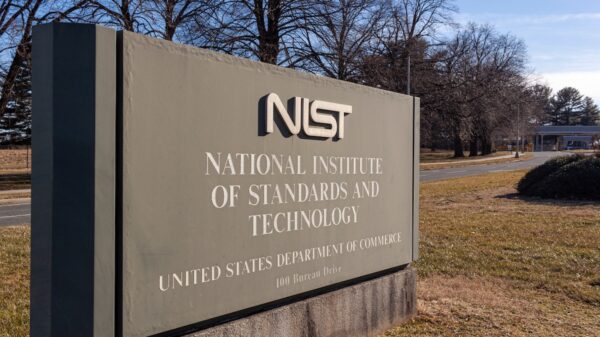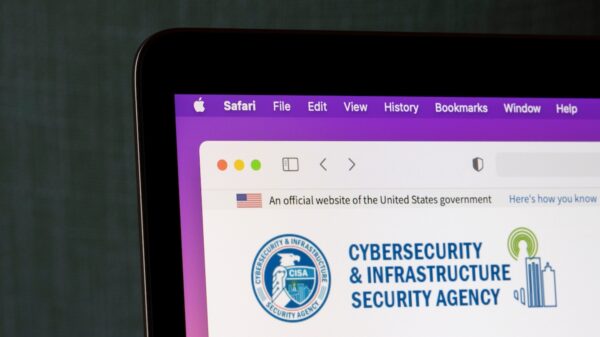The US government has added Canadian network intelligence firm Sandvine to its Entity List, effectively banning organizations from trading with it.
The Waterloo, Ontario-based company provides network policy control products that support networking policies to enable congestion management, security, and censorship.
On Monday, the US Department of Commerce announced that Sandvine was added to its trade restrictions list for providing the Egyptian government with the technology needed for mass surveillance and censorship.
“This addition is being made based on information that Sandvine supplies deep packet inspection technology to the Government of Egypt, where it is used in mass web-monitoring and censorship to block news as well as target political actors and human rights activists,” reads the US government’s rule published in the Federal Register.
Deep packet inspection is a form of packet filtering in which specific patterns and signatures are used to examine and manage network traffic, including blocking or rerouting packets.
The US government made six different entries for Sandvine in its Entity List, for the company’s operations in Canada, India, Japan, Malaysia, Sweden, and the United Arab Emirates.
With Sandvine on the list, organizations are essentially prohibited from trading with the company or providing it with goods or technology.
“Sandvine is aware of the action announced by the US Commerce Department. We are committed to working closely with government officials to understand, address and resolve their concerns. We will do everything we can to continue to support our customers. Sandvine solutions help provide a reliable and safe internet,” Sandvine said, responding to a SecurityWeek inquiry.
On Monday, the US also announced the addition of China’s Chengdu Beizhan Electronics to the Entity List, “for acquiring and attempting to acquire U.S.-origin items on behalf of the University of Electronic Science and Technology,” which is also on the restrictions list, for aiding China’s nuclear weapons program.
“As a result of today’s rule, any transactions with these entities that involve items subject to the Export Administration Regulations (EAR) will require a license from the BIS [Bureau of Industry and Security], and applications for those licenses are likely to be denied,” BIS said.
Related: US Puts 3 Dozen More Chinese Companies on Trade Blacklist
Related: US Puts New Controls on Israeli Spyware Company NSO Group
Related: US Blacklists Chinese Companies Including Chip Giant SMIC














